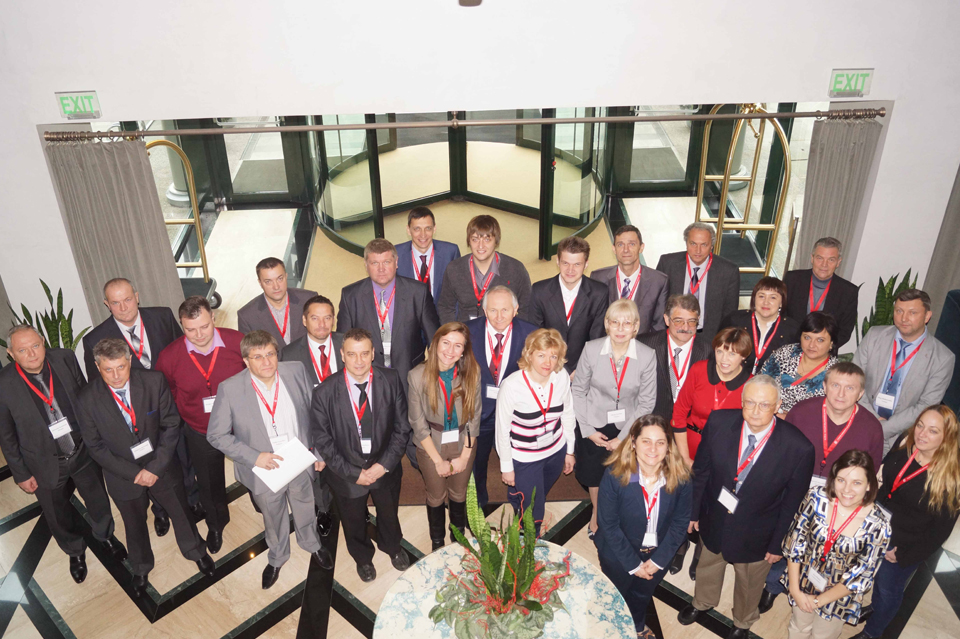The Center for International Trade and Security, in partnership with Kozloduy Nuclear Power Plant, Bulgaria, hosted a training workshop for a group of high-level Ukrainian nuclear professionals on “Nuclear Security Culture: Theory and Practice” in Sofia, Bulgaria between November 24-27. The workshop was funded by the United States Department of State’s Partnership for Nuclear Security (PNS), UN Office for Disarmament Affairs (UNODA), the Swedish Radiation Safety Authority (SSM), and the UK Department of Energy and Climate Change.
The primary objective of the workshop was to provide in-depth and extensive training on nuclear security culture. The training included a series of lectures about the concept of nuclear security culture, security and safety culture, identifying culture indicators, undertaking a security culture assessment, and many interactive group discussions.
Since the 2010 Nuclear Security Summit in Washington, D.C., nuclear security culture has emerged as a priority area to address, improve, and implement through a multitude of efforts by all stakeholders, including, governments, IOs, NGOs, academia and industry – all of whom are involved in the development and implementation of concepts and tools to improve nuclear security culture. What is interesting to note is that human failures, complacency, and weak ethical standards are responsible for most security and non-proliferation breaches. Having an effective nuclear security culture can help mitigate threats to nuclear security, and it is an effective mechanism to strengthen nuclear security overall.
The workshop was attended by over 20 participants from across the Ukrainian nuclear industry, as well as a number of Bulgarian academics who are hoping to introduce nuclear security curricula to their respective universities. While in Sofia, the CITS team gave a lecture on the importance of nuclear security at the University of National and World Economy and at the University of Sofia.






